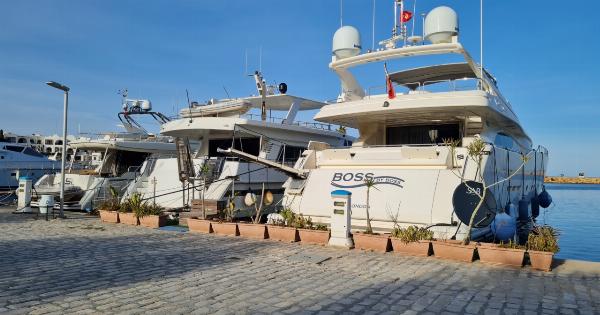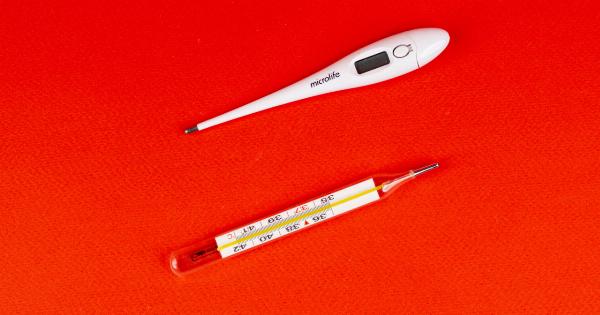The left-wing Greek political party SYRIZA has denied accusations that it has been using Makri Avenue in Athens as a route for transporting goods for the controversial National Center of Tuberculosis and Chest Diseases (KNTH).
According to reports, the Greek government has approved the use of the avenue by the KNTH in order to transport contaminated waste from Athens to the city’s port, where it is then shipped overseas for disposal.
This has led to protests from local residents and organizations who claim that the transport of hazardous materials through the city poses serious health risks.
SYRIZA Responds to Accusations
However, SYRIZA has responded to these accusations by stating that it has no involvement in the decision to use Makri Avenue for KNTH transport.
In a statement released to the press, SYRIZA has said that it is committed to protecting the health and safety of citizens, and that it would not allow the transport of hazardous materials through residential areas.
“We are aware of the concerns of our citizens regarding the transport of contaminated waste through Athens,” the statement reads.
“We want to reassure the public that we have not authorized the use of Makri Avenue for KNTH transport, and that we will take all necessary measures to protect the health and safety of our citizens.”.
The Controversy over KNTH Transport
The controversy surrounding the KNTH transport began earlier this year, when reports emerged that the center was shipping contaminated waste to Turkey.
According to these reports, the KNTH was transporting hazardous materials to the port of Piraeus, where it was loaded onto ships bound for Turkey. The waste was allegedly being treated at a facility in Turkey that did not meet international safety standards, leading to concerns about the health and safety of local residents.
Following these reports, local authorities launched an investigation into the KNTH transport. The investigation found that the center had been violating Greek and international laws in its handling and transport of hazardous waste.
As a result, the Greek government ordered the KNTH to immediately cease all transport of hazardous waste.
Environmental Concerns
The controversy over the KNTH transport has highlighted the many environmental concerns facing Greece and other countries in the region.
With limited resources and a growing population, Greece is struggling to balance economic development with environmental protection. The country has been plagued by pollution and waste management problems for years, and many activists and scientists are calling for stronger environmental regulations and enforcement in order to protect public health.
Citizens Respond to the Controversy
Local citizens and organizations have been vocal in their opposition to the KNTH transport, and have called for a complete overhaul of Greece’s waste management system.
Many have argued that Greece needs to invest in cleaner and more sustainable methods of waste disposal, such as recycling and composting, in order to reduce the amount of hazardous waste that is generated and transported.
“We need to take steps to protect our environment and our health,” said one activist. “We cannot continue to allow hazardous materials to be transported through our neighborhoods.
We need a new approach to waste management that prioritizes sustainability and safety.”.
Conclusion
The controversy over the KNTH transport has brought to light many of the environmental challenges facing Greece and other countries in the region.
While SYRIZA has denied accusations that it has been involved in or approved the transport of hazardous waste through Athens, many activists and citizens are calling for more action to be taken to protect public health and the environment. It remains to be seen how Greece will tackle these challenges moving forward, but it is clear that strong leadership and decisive action will be needed in order to ensure a sustainable future for the country and its people.































